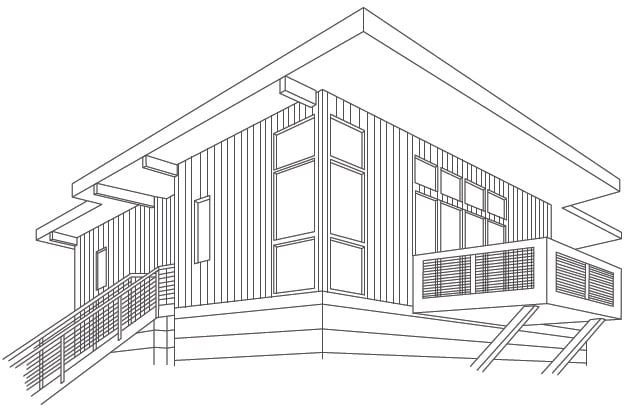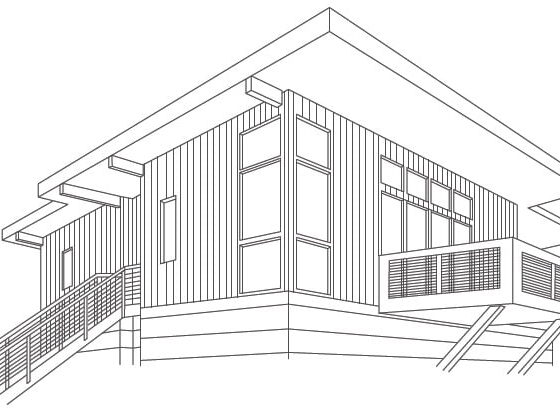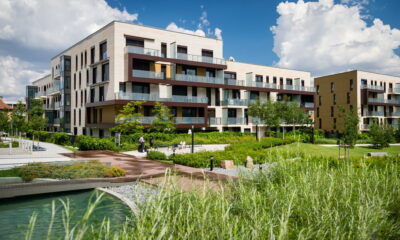

Economy
Revenue of zero energy buildings to be over $1 trillion by 2035
Although there has been a growing interest in green buildings, it is set to take off in the next two decades as new building regulations become stricter. Charlotte Reid has more.
According to a report from Pike Research, worldwide revenue from zero energy buildings is expected to grow to almost $690 billion by 2020 and then $1.3 trillion by 2035.
Although there has been a growing interest in green buildings, it is set to take off in the next two decades as new building regulations become stricter. Charlotte Reid has more.
According to a report from Pike Research, worldwide revenue from zero energy buildings is expected to grow to almost $690 billion by 2020 and then $1.3 trillion by 2035.
Building green means taking into consideration the materials and methods used to make the buildings more efficient, so less energy is needed to power it.
Research analyst Eric Bloom said that worldwide there has been a surge in green building certifications and “zero energy building has emerged as the ‘holy grail’ in green building design.
“Technically, zero energy building design is feasible for many building types in many regions, but concerns about the upfront cost continue to impede it in the market”.
There has been an increase in interest in sustainable homes since the 1980s as people started to become more aware about the environment in general. Yet, as the report says, there has been a slow uptake of zero energy buildings to date, but this is expected to change.
The report says “the industry is poised to undergo a significant transformation over the next decade as stringent regulations come online”.
It then goes on to claim that zero energy buildings will become more attainable due to advances in renewable energy technologies and energy efficiency, which will have an improved performance and cut costs.
However, one of the biggest problems to consider when creating sustainable homes is how to make existing stock green. The Government has created the Green Deal to help with this. The Energy Bill was passed through Parliament in October 2011.
When the act was passed, it was said millions of homes and businesses should profit from the policy in ways to make buildings more energy efficient with cavity wall and loft insulation.
Since then, there has been some concern about whether the Green Deal will work. Business lobbying organisation, the CBI, and think-tank, the Green Alliance, said they were cautious over the effectiveness of the policy.
Even the Government’s own figures revealed that once the Green Deal is in place, which will be October 2012, there will be a drop in the number of people taking up energy efficient measures.
Having a home that is beneficial and works with the environment is important. To find out more about the rise in sustainable homes, look out for our in depth report coming soon.
This doesn’t mean you should stop behaving environmentally in other ways. Get in touch with Good Energy to find out more about using home grown energy, rather than relying on fossil fuels.
Homes also create a great amount of waste so think carefully about where you shop, we recommend the Ethical Superstore.
And of course there are still plenty of ethical investment opportunities available that help out the environment. Just speak to your IFA, or if you don’t have one then fill in our online form and we’ll get you in touch with a specialist adviser.


 Environment12 months ago
Environment12 months agoAre Polymer Banknotes: an Eco-Friendly Trend or a Groundswell?

 Features11 months ago
Features11 months agoEco-Friendly Cryptocurrencies: Sustainable Investment Choices

 Features12 months ago
Features12 months agoEco-Friendly Crypto Traders Must Find the Right Exchange

 Energy11 months ago
Energy11 months agoThe Growing Role of Solar Panels in Ireland’s Energy Future


























